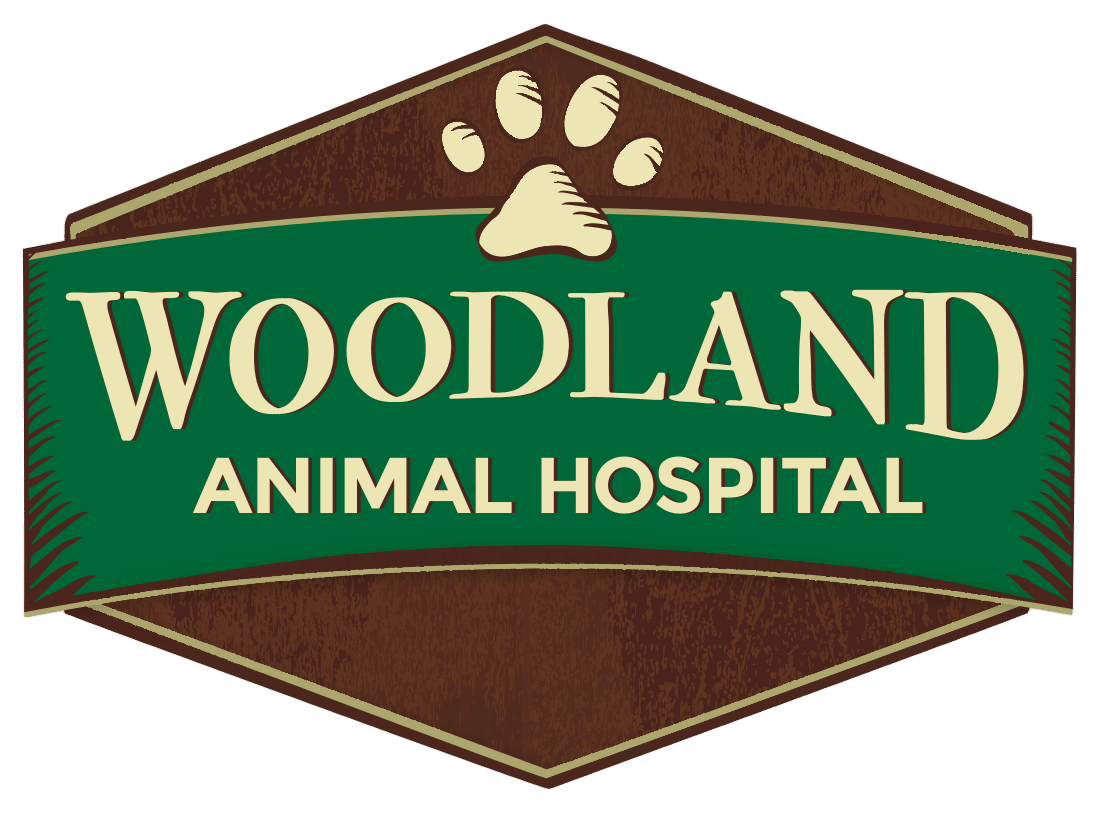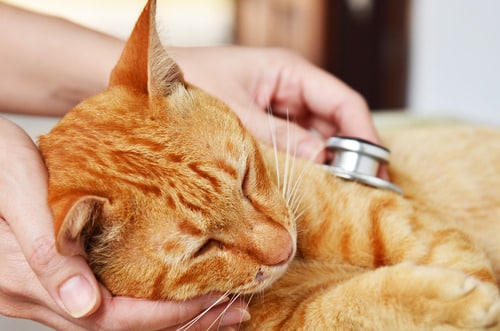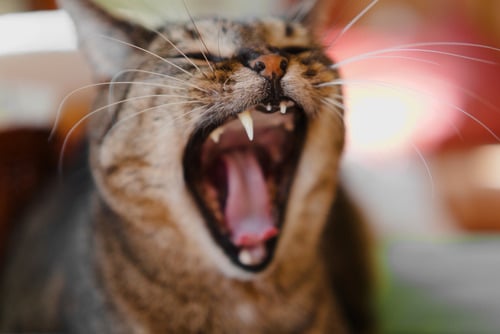Liver disease in cats is a significant health concern that can affect felines of all ages and breeds. At Woodland Animal Hospital in Locust Grove, GA, we prioritize your cat’s health and well-being. Recognizing the signs and understanding the causes of liver disease in cats are the first steps toward ensuring your beloved cat receives the care they need. If you notice any concerning symptoms in your cat, please don’t hesitate to call us at (770) 467-3140 to schedule an appointment.
What is Liver Disease in Cats?
The liver plays a vital role in a cat’s body, including filtering toxins, aiding digestion, and storing vitamins. When the liver is compromised, it can lead to a variety of health issues. Liver disease in cats can be acute or chronic and may result from infections, toxins, metabolic disorders, or congenital problems.
Symptoms to Watch For
Cats with liver disease may show several signs, including:
- Jaundice (yellowing of the skin, eyes, or gums)
- Loss of appetite
- Weight loss
- Vomiting or diarrhea
- Increased thirst
- Unusual behavior changes
Early detection is key to managing liver disease, so observing any of these symptoms warrants a prompt visit to Woodland Animal Hospital.
Causes of Liver Disease in Cats
Several factors can contribute to liver disease in cats, including:
- Infections: Bacterial, viral, or parasitic infections can damage the liver.
- Toxins: Exposure to certain toxins or medications can harm liver cells.
- Metabolic Disorders: Conditions like diabetes or hyperthyroidism can lead to liver complications.
- Congenital Problems: Some cats are born with liver abnormalities that affect liver function.
Understanding the underlying cause of liver disease is crucial for effective treatment.
Diagnosing Liver Disease
At Woodland Animal Hospital, our veterinary team uses a combination of physical examinations, blood tests, imaging studies (like ultrasound or X-rays), and sometimes liver biopsies to diagnose liver disease in cats. These diagnostic tools help us determine the extent of liver damage and the best course of treatment.
Importance of Early Detection
Early detection of liver disease can significantly improve the outcome for your cat. If you suspect your cat may be showing signs of liver disease, contacting Woodland Animal Hospital for an appointment can lead to earlier intervention and a better prognosis.
Treatment Options
Treatment for liver disease in cats depends on the underlying cause and the severity of the disease. Options may include:
- Medications: To combat infections, reduce inflammation, or manage symptoms.
- Dietary Changes: Special diets can help support liver function and promote healing.
- Surgery: In some cases, surgical intervention may be necessary to remove blockages or tumors.
Our veterinary team will work with you to develop a personalized treatment plan that best suits your cat’s needs.
Supporting Your Cat’s Liver Health
Preventive Care
Regular veterinary check-ups and a balanced diet can play a crucial role in maintaining your cat’s liver health. Avoiding exposure to known toxins and ensuring your cat is up to date on vaccinations can also help prevent liver disease.
The Role of Nutrition
A diet rich in high-quality proteins, vitamins, and minerals can support liver function and regeneration. Our veterinarians can recommend specific diets designed for cats with liver concerns.
Navigating the Path to Better Liver Health for Your Cat
Liver disease in cats is a condition that requires prompt attention and care. Recognizing the signs and understanding the causes are the first steps toward safeguarding your cat’s health. At Woodland Animal Hospital in Locust Grove, GA, we are committed to providing the highest level of care for your cat. If you have concerns about your cat’s liver health, please call us at (770) 467-3140 to make an appointment.





